Michael Dell biography: Career history of Dell's CEO
An inside look at Michael Dell’s journey, from his entrepreneurial beginnings to his role as a tech industry titan, including net worth and career milestones
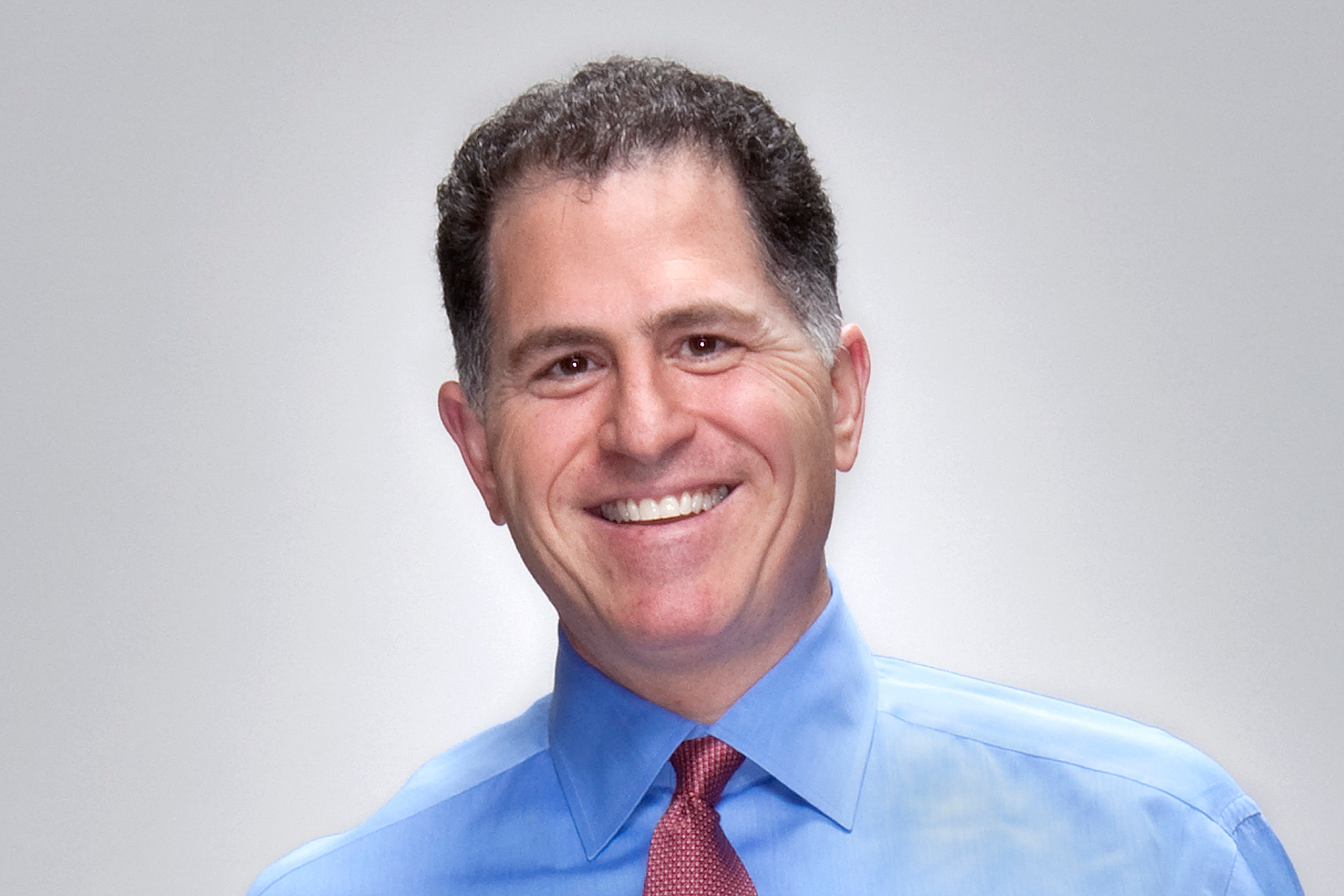

Michael Dell earned his first $1,000 at the age of 12 by selling stamps and collectibles. His entrepreneurial spirit led him to spark the personal computer revolution when he founded Dell Computers, initially from his dorm room at the University of Texas.
Dell’s strategy of selling directly to customers, bypassing traditional retailers, enabled him to offer competitive prices and customized systems, which fueled the rapid growth of his company. This unique approach helped him become one of the world’s wealthiest individuals and established Dell Technologies as a leading force in the tech industry.
Here, we explore the life and career of the man behind one of the largest computer companies.
Michael Dell: Career history
Michael Dell factsheet
Full name: Michael Saul Dell
Date of birth: 23 February 1965
Nationality: American
Net worth: $118 billion (as of 2024)
Education: Dell attended the University of Texas as a pre-med student but left in 1984 to focus full-time on his business.
Best Known for: Founder and CEO of Dell Technologies, one of the world’s largest providers of computers and IT infrastructure.
Michael Dell's passion for technology began early. As a teenager, he purchased his first computer, an Apple II, and promptly took it apart to understand its workings. He later did the same with an IBM PC, recognizing the potential for these machines to transform businesses. This interest led to his first venture at age 14, selling Houston Post subscriptions, where he earned $18,000 in a year—more than one of his school teachers.
In 1983, as a freshman at the University of Texas, Dell launched a business selling upgrade kits for personal computers. He soon realized he could build and sell entire systems, eliminating the middleman to offer lower prices. When his monthly earnings exceeded $25,000, Dell decided to leave college to focus fully on his business. By 1984, his company, originally called PCs Limited, had earned $6 million in revenue.
Birth of Dell Computer Corporation
In 1987, PCs Limited was rebranded as Dell Computer Corporation. At just 27 years old, Dell became the youngest CEO of a Fortune 500 company. However, in 1993, the company faced a challenging period as the PC market suffered a downturn, causing Dell's stock price to plummet. The company scrapped a new line of laptops, further adding to its troubles. To recover, Dell brought in seasoned executives, and within a year, the company rebounded, posting profits of $149 million.
In 1996, Dell took a major step forward by selling computers online, achieving $1 million per day in online sales. By 2001, Dell had become the largest PC maker globally, surpassing competitors like Compaq, with a market share of 12.8%.
Sign up today and you will receive a free copy of our Future Focus 2025 report - the leading guidance on AI, cybersecurity and other IT challenges as per 700+ senior executives
Dell stepped down as CEO in March 2004, with Kevin Rollins taking over. However, after a period of mixed fortunes, the board invited Dell to return as CEO in 2007. Dell then led the company through a significant transition, diversifying from PC sales into IT services and infrastructure to better compete with companies like HP and IBM.
In July 2010, Dell faced a $100 million penalty to settle U.S. SEC charges over accounting fraud. The SEC alleged that Dell had failed to disclose substantial payments from Intel in exchange for not using AMD processors, inflating the company’s earnings.
Dell / EMC merger
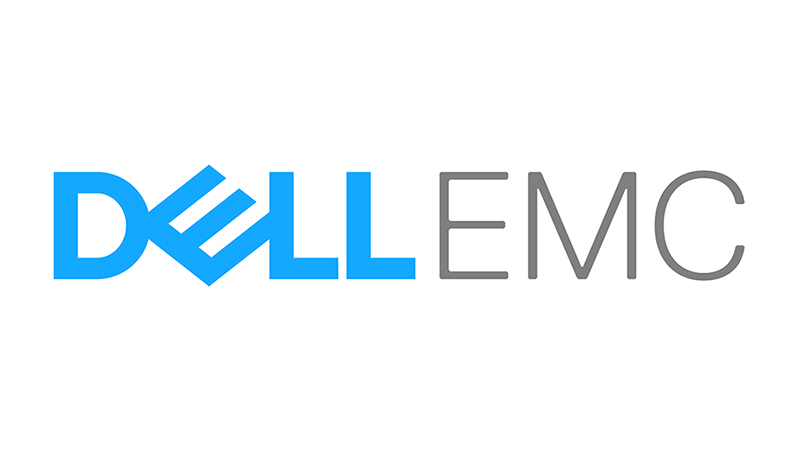
In 2013, Michael Dell took the bold step of privatizing the company in a $24.4 billion leveraged buyout, retaining a 16% stake. This move allowed Dell to refocus the company’s strategy away from quarterly earnings pressures.
In 2016, Dell Technologies made headlines with the $67 billion acquisition of EMC, one of the largest tech mergers ever. This acquisition positioned Dell as a leader in data storage, hybrid cloud, and IT services. Today, Dell Technologies is a major player in enterprise IT, with strategic focuses on cloud computing, cybersecurity, and digital transformation.
Since the EMC acquisition in 2016, Michael Dell has led Dell Technologies' transformation into a dominant enterprise IT provider. The acquisition shifted the company’s focus to cloud infrastructure, data management, and digital transformation. This move positioned Dell Technologies as one of the leading players in hybrid cloud and data storage, catering primarily to large-scale enterprise needs.
In 2018, Dell Technologies returned to public trading through a unique buyback of VMware tracking shares, avoiding a traditional IPO. This financial maneuver enabled Dell to maintain control while addressing investor concerns, demonstrating his commitment to balancing Dell Technologies’ long-term strategy with shareholder interests.
Philanthropy & company vision
Michael Dell’s philanthropic efforts have continued to grow. The Michael & Susan Dell Foundation, with a focus on education, health, and economic stability, became especially active during the COVID-19 pandemic. The foundation provided millions in relief funding, supporting healthcare workers and bolstering global healthcare infrastructure in underserved communities.
Today, Dell Technologies continues to evolve, with a strategic focus on cloud solutions, cyber security, and sustainability. Michael Dell has advocated for the importance of digital transformation and innovation in areas like AI and edge computing, positioning Dell Technologies as a leader in these fields. His forward-looking approach reflects his vision for driving technological and social impact through the company and his foundation’s initiatives.
- Dell doubles down on Nvidia partnership with ‘AI factories’ and models at the edge
- Everything you need to know about Dell Technologies
- Channel Focus: All you need to know about Dell's partner program
Rene Millman is a freelance writer and broadcaster who covers cybersecurity, AI, IoT, and the cloud. He also works as a contributing analyst at GigaOm and has previously worked as an analyst for Gartner covering the infrastructure market. He has made numerous television appearances to give his views and expertise on technology trends and companies that affect and shape our lives. You can follow Rene Millman on Twitter.
-
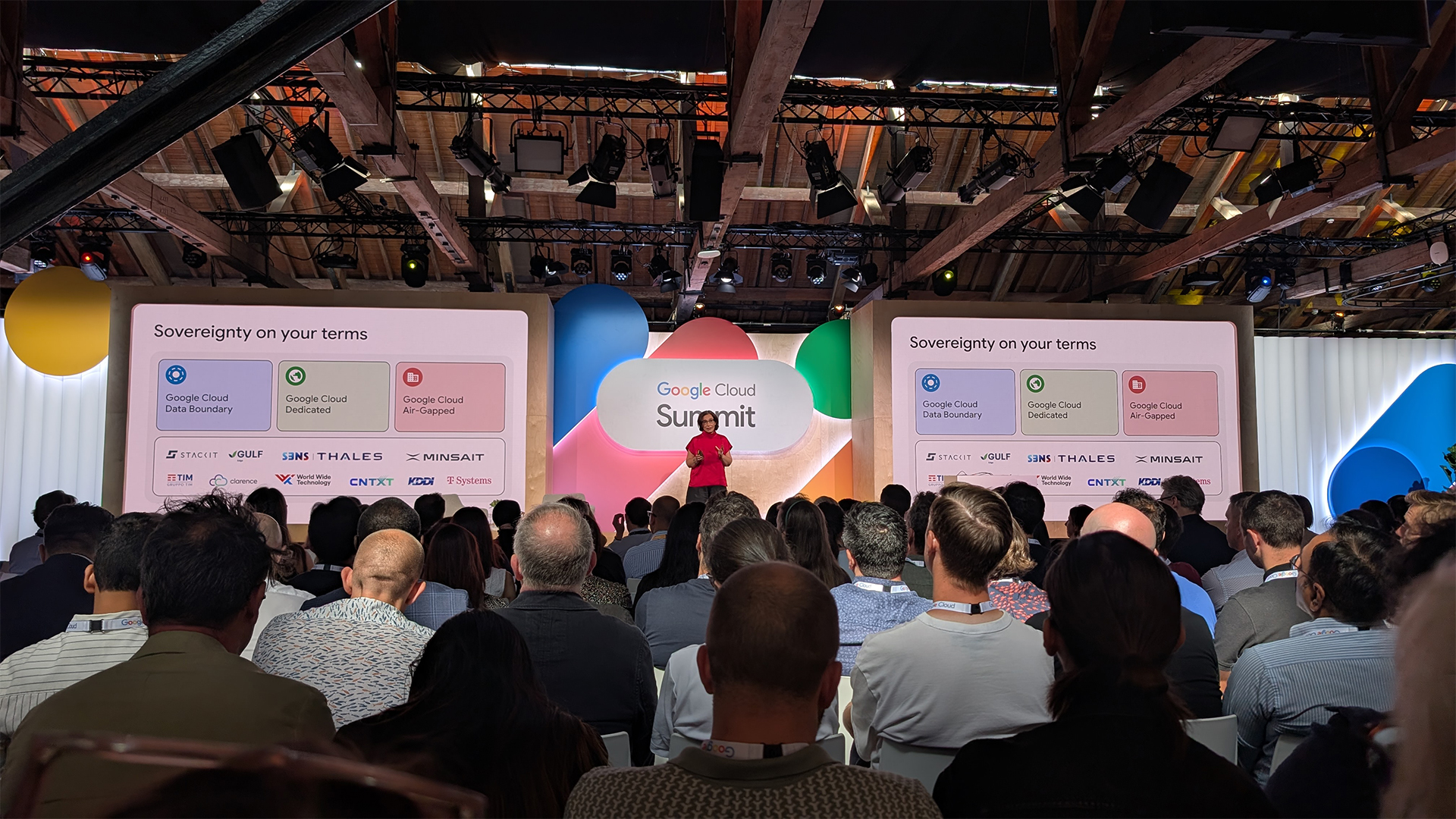 Google Cloud announces new data residency flexibility for UK firms, accelerator for regional startups
Google Cloud announces new data residency flexibility for UK firms, accelerator for regional startupsNews UK-specific controls and support for up and coming AI firms is central to Google Cloud’s UK strategy
-
 Workers are covering up cyber attacks for fear of reprisal – here’s why that’s a huge problem
Workers are covering up cyber attacks for fear of reprisal – here’s why that’s a huge problemNews More than one-third of office workers say they wouldn’t tell their cybersecurity team if they thought they had been the victim of a cyber attack.
-
 Dell Technologies Global Partner Summit 2025 – all the news and updates live from Las Vegas
Dell Technologies Global Partner Summit 2025 – all the news and updates live from Las VegasKeep up to date with all the news and announcements from the annual Dell Technologies Global Partner Summit in Las Vegas
-
 Who is John Roese?
Who is John Roese?Dell's CTO and Chief AI Officer John Roese brings pragmatism to AI
-
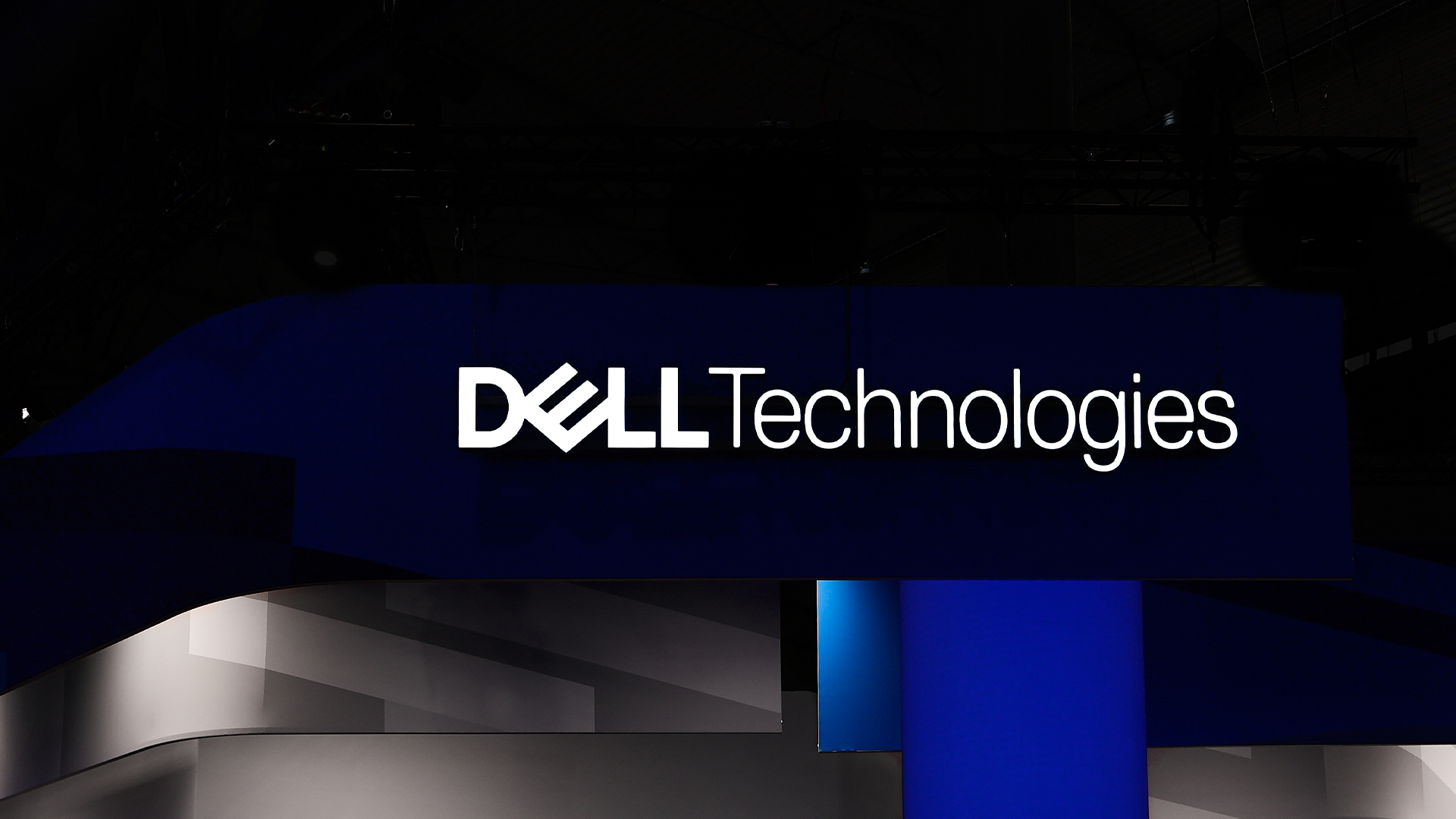 Dell names Lisa Ergun as new Client Solutions Group channel lead for the UK
Dell names Lisa Ergun as new Client Solutions Group channel lead for the UKNews Dell Technologies has announced the appointment of Lisa Ergun as its new Client Solutions Group (CSG) channel lead for the UK.
-
 Scale of Dell job cuts laid bare as firm sheds 10% of staff in a year
Scale of Dell job cuts laid bare as firm sheds 10% of staff in a yearNews Dell Technologies’ workforce has reduced significantly in recent years, figures show, with headcount at the tech giant dropping by 10% in 2025 alone.
-
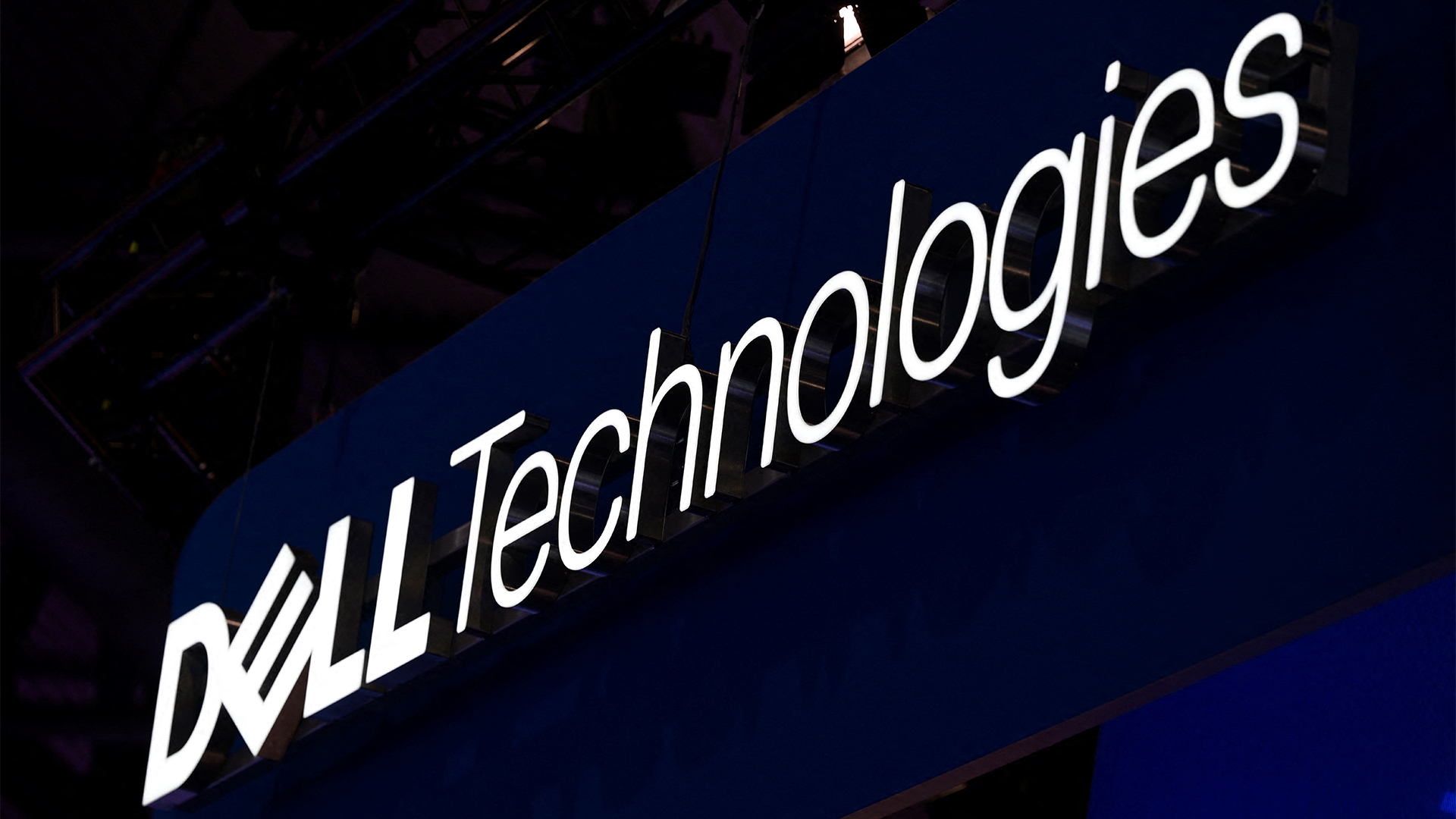 Dell Technologies just revamped its Partner Program for 2025 – here's what to expect
Dell Technologies just revamped its Partner Program for 2025 – here's what to expectNews Dell Technologies has unveiled its revamped Partner Program for 2025, offering a range of new incentives for partners.
-
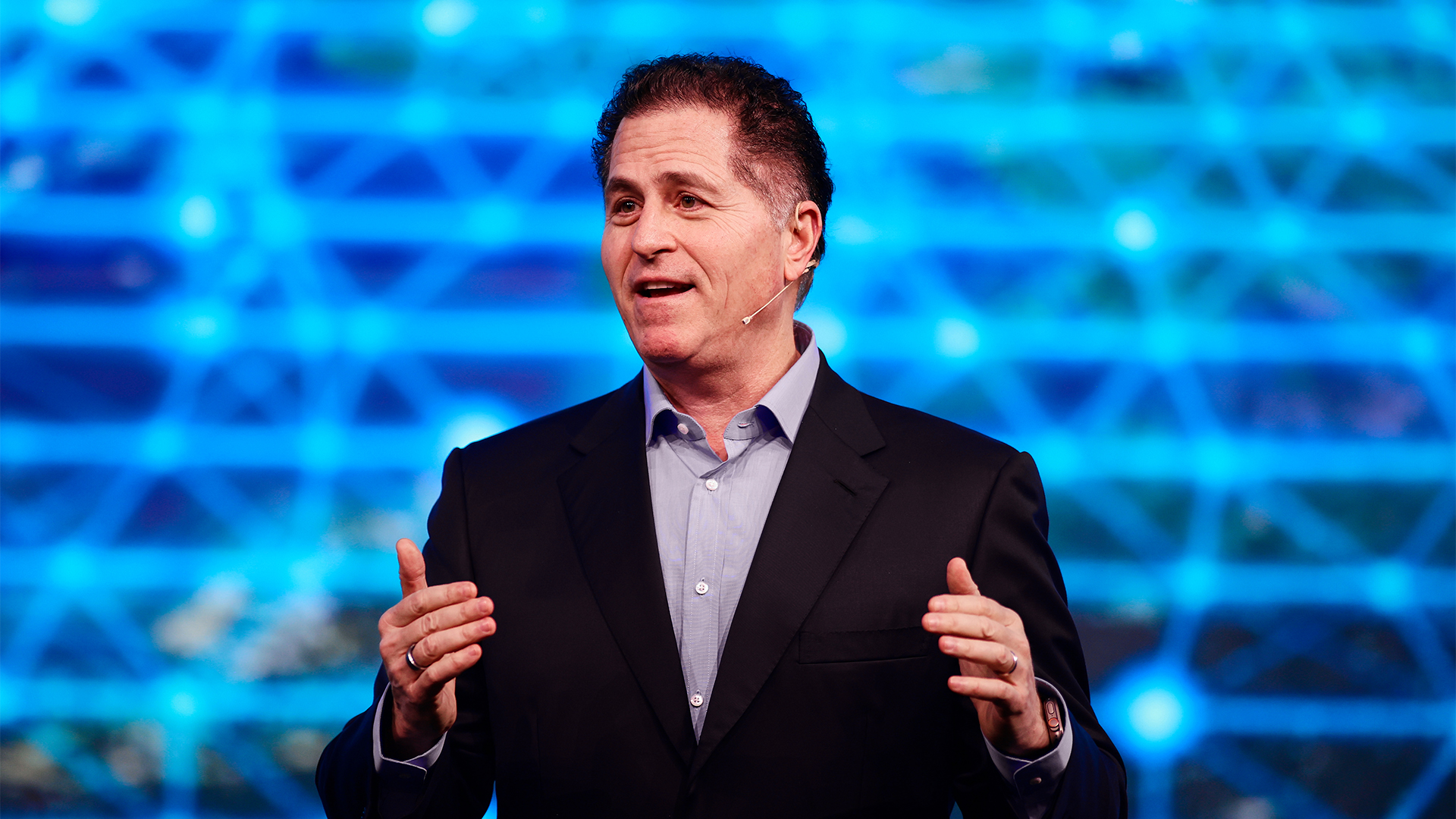 'Nothing is faster than the speed of human interaction': Dell orders staff back into the office as the company shakes up hybrid working practices
'Nothing is faster than the speed of human interaction': Dell orders staff back into the office as the company shakes up hybrid working practicesNews Dell Technologies has ordered staff to return to the office five days a week, according to reports, with some exceptions allowed for staff located too far from physical office sites.
-
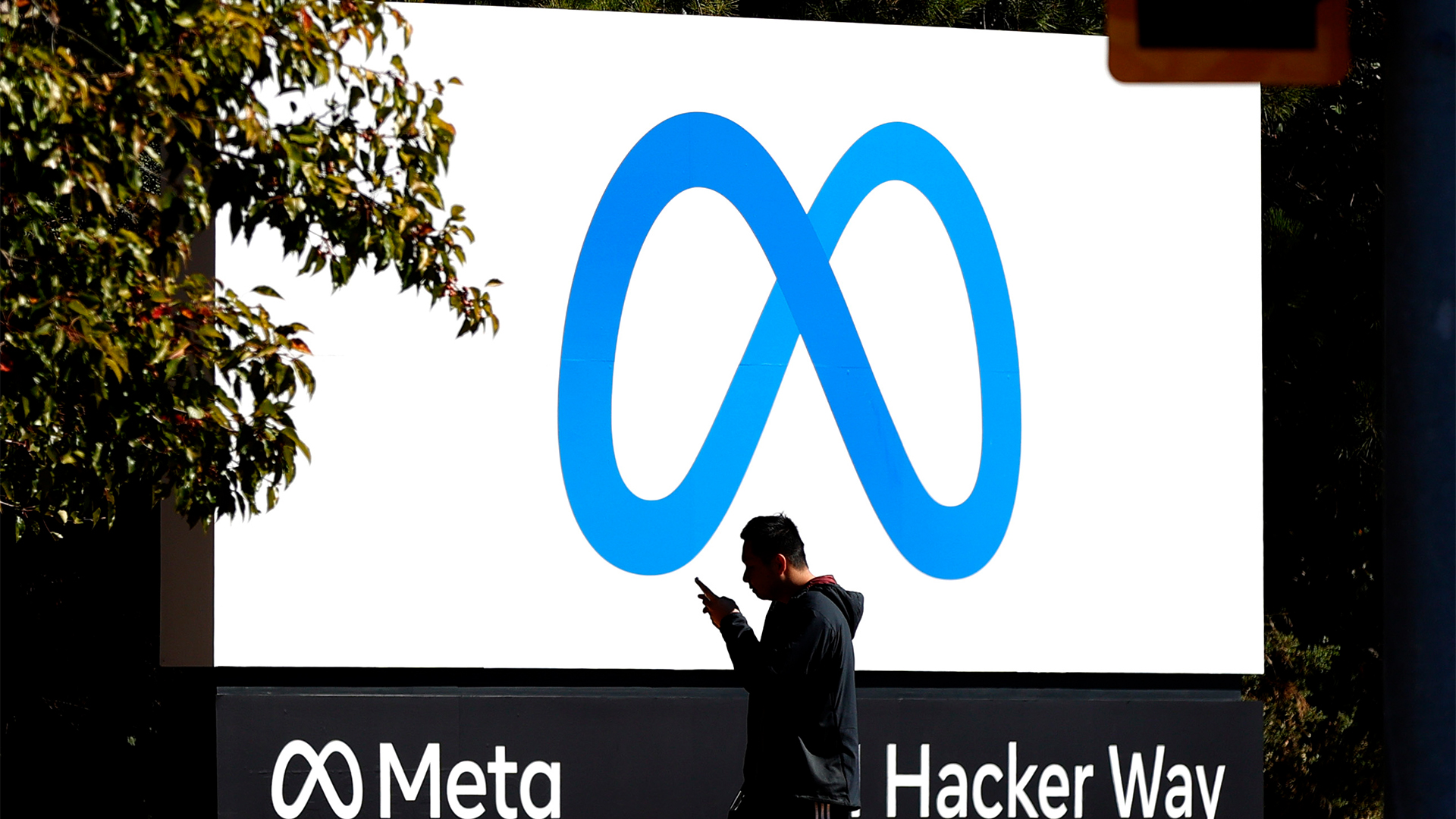 Meta layoffs hit staff at WhatsApp, Instagram, and Reality Labs divisions
Meta layoffs hit staff at WhatsApp, Instagram, and Reality Labs divisionsNews The 'year of efficiency' for Mark Zuckerberg continues as Meta layoffs affect staff in key business units
-
 Business execs just said the quiet part out loud on RTO mandates — A quarter admit forcing staff back into the office was meant to make them quit
Business execs just said the quiet part out loud on RTO mandates — A quarter admit forcing staff back into the office was meant to make them quitNews Companies know staff don't want to go back to the office, and that may be part of their plan with RTO mandates
